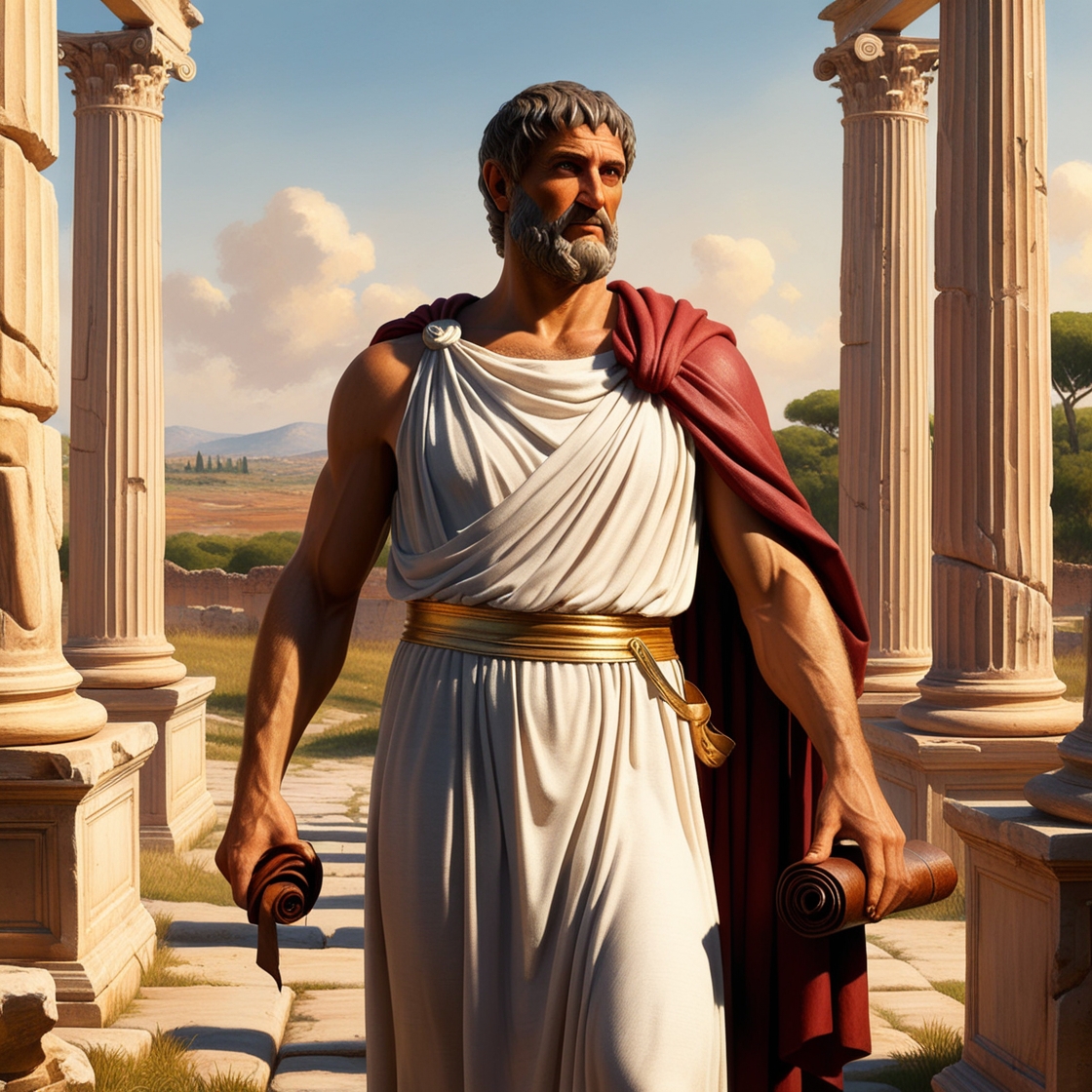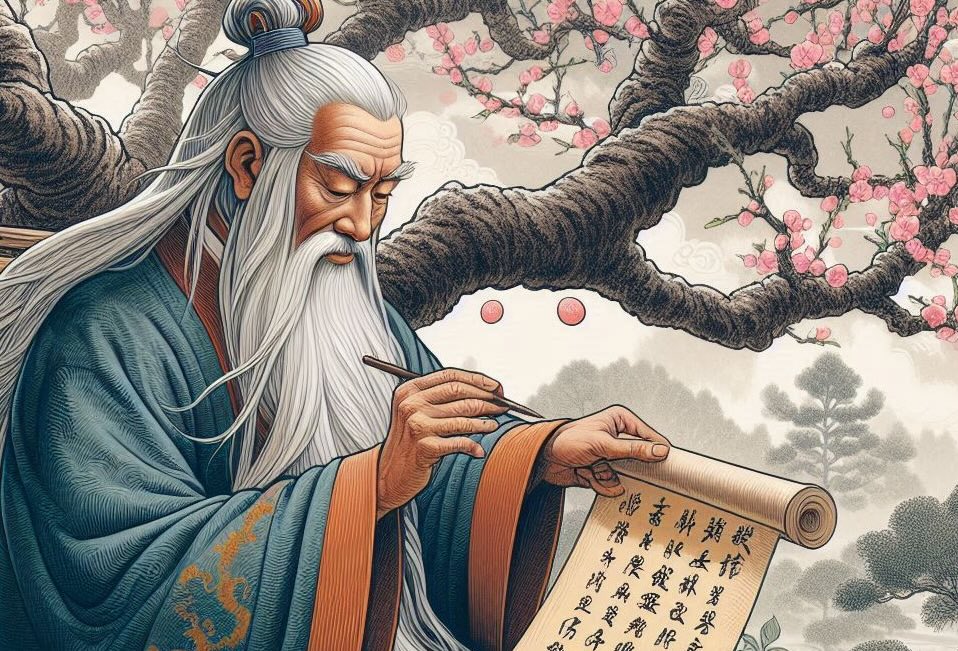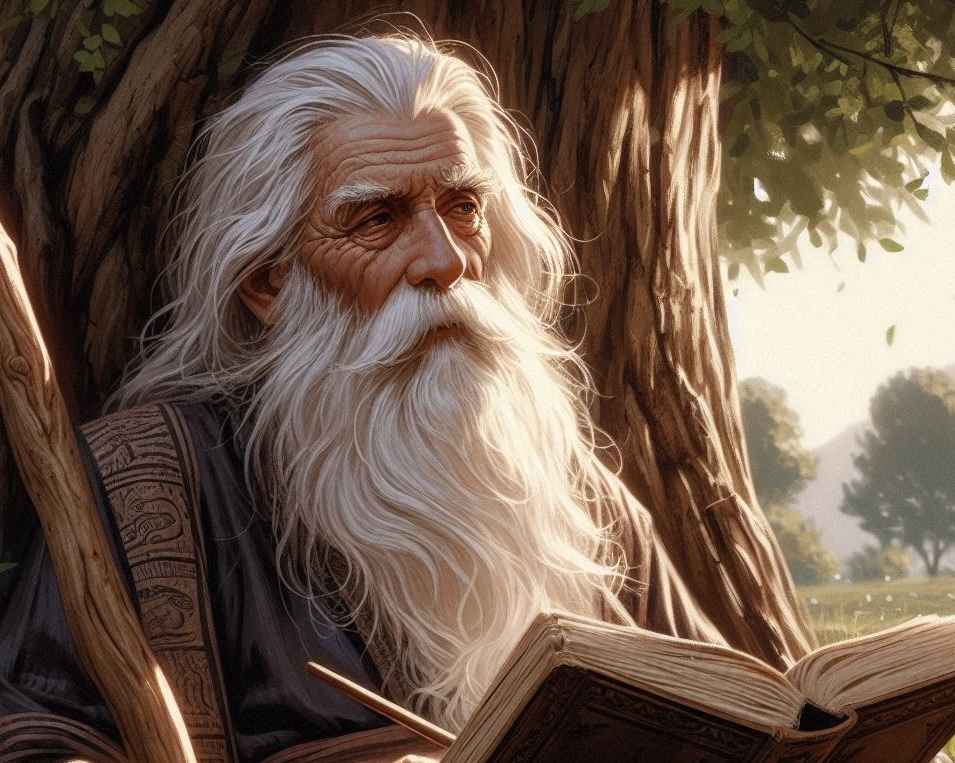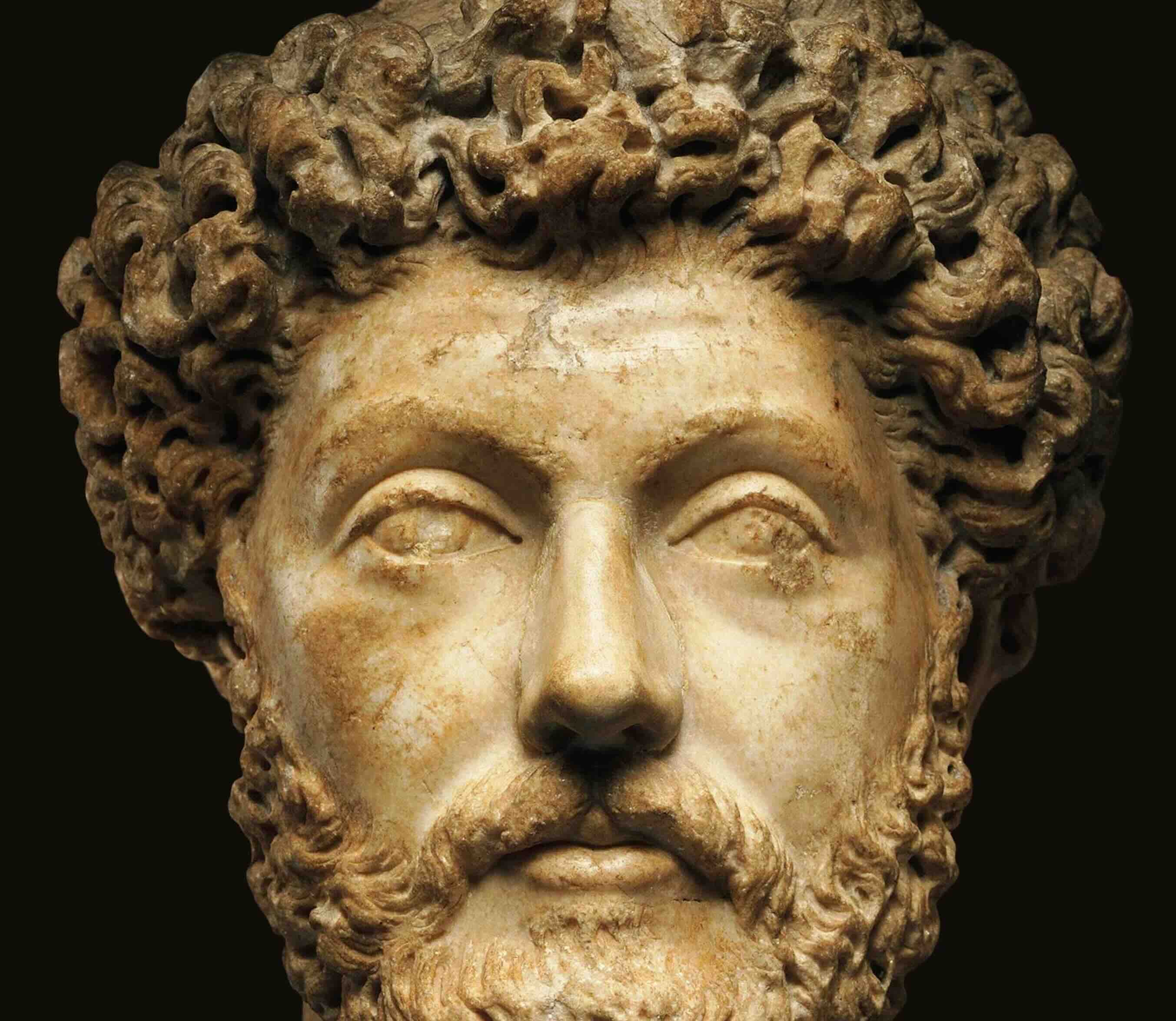· Person
Seneca Quotes
Roman Stoic philosopher, statesman, playwright, and advisor to Emperor Nero

Seneca
Lucius Annaeus Seneca (c. 4 BC – 65 AD), commonly known as Seneca the Younger, was a Roman Stoic philosopher, statesman, playwright, and advisor to Emperor Nero. He is one of the most prominent figures in Stoic philosophy, known for his writings on ethics, self-discipline, and how to live a virtuous life. Seneca’s works continue to be a key influence in Stoicism and modern self-improvement philosophy.
Early Life and Background
- Seneca was born into a wealthy family in Corduba (modern-day Córdoba, Spain). His father, Seneca the Elder, was a notable rhetorician, which influenced Seneca’s skill in writing and public speaking.
- He moved to Rome as a young man, where he was educated in philosophy, particularly Stoicism, and rhetoric. His life was marked by periods of political involvement and controversy, including exile and eventual return to power.
Political Career
- Seneca became an advisor to the Roman emperor Nero. Though he played a significant role in guiding Nero’s early reign, Seneca was unable to prevent Nero’s later descent into tyranny.
- He attempted to balance his philosophical teachings with his involvement in Roman politics, although this led to accusations of hypocrisy due to the wealth and power he accumulated.
- In 65 AD, after being implicated in a conspiracy to assassinate Nero, Seneca was forced to commit suicide, which he accepted with Stoic calm.
Key Teachings and Works
1. The Importance of Virtue
- Like other Stoics, Seneca believed that virtue is the highest good and that living in accordance with virtue is essential for a happy and fulfilled life. He emphasized the four Stoic virtues: wisdom, courage, justice, and temperance.
- Famous quote: “Virtue is nothing else than right reason.”
2. The Value of Time
- Seneca famously emphasized the importance of time, urging people not to waste it on trivial pursuits. He believed that life is short, and the wise person makes the most of the time they have by focusing on meaningful, virtuous actions.
- Famous work: “On the Shortness of Life” — a philosophical treatise where he reflects on how people waste time and urges them to focus on what truly matters.
- Famous quote: “It is not that we have a short time to live, but that we waste a lot of it.”
3. Emotional Mastery
- Seneca taught that emotions such as anger, fear, and grief stem from poor judgments. Stoicism teaches that by controlling our responses to external events and focusing on rational thought, we can master our emotions and find tranquility.
- Famous work: “On Anger” — a treatise where Seneca explores the dangers of uncontrolled anger and offers Stoic advice on how to manage it.
- Famous quote: “He who is slow to anger has great understanding.”
4. Facing Adversity
- Seneca saw adversity as an opportunity for growth, believing that challenges and hardships can strengthen character. By accepting fate and responding virtuously to hardship, we develop resilience.
- Famous work: “Letters to Lucilius” — a collection of letters to his friend Lucilius, which offer practical Stoic advice on facing life’s difficulties and cultivating wisdom.
- Famous quote: “Difficulties strengthen the mind, as labor does the body.”
5. Wealth and Materialism
- Although Seneca was wealthy, he often reflected on the dangers of materialism and luxury. He believed that external wealth is indifferent to happiness and that a wise person focuses on inner virtue rather than material goods.
- Famous quote: “It is not the man who has too little, but the man who craves more, that is poor.”
Major Works
- “On the Shortness of Life” — Discusses the value of time and how to live meaningfully.
- “Letters to Lucilius” — A series of personal letters offering Stoic advice on living a virtuous life.
- “On Anger” — Explores how to control anger and maintain emotional balance.
- “On Tranquility of Mind” — Offers practical advice on how to achieve inner peace and calm amidst life’s challenges.
Seneca’s Influence on Stoicism
- Seneca’s writings on Stoicism helped popularize the philosophy in Roman society and beyond. His practical approach made Stoicism accessible to people from all walks of life.
- His work influenced later Stoic thinkers, including Marcus Aurelius, and remains relevant in contemporary discussions of personal development, ethics, and emotional resilience.
- His focus on self-discipline, inner peace, and the importance of time resonates with modern self-help philosophies and practices like mindfulness and minimalism.
Legacy
- Seneca is remembered as one of the greatest Stoic philosophers, with his works still widely read and studied today. His teachings on how to live a virtuous, meaningful life in the face of adversity continue to inspire individuals seeking personal growth, inner peace, and resilience.
- Though controversial for his political involvement, his writings reflect a deep commitment to Stoic ideals, particularly the importance of mastering one’s emotions, using time wisely, and living in accordance with virtue.
Conclusion
Seneca’s life and philosophy offer valuable lessons for those seeking to lead a virtuous, balanced, and fulfilling life. His focus on controlling emotions, embracing adversity, and making the most of our limited time continues to resonate today, offering timeless wisdom for navigating life’s challenges with Stoic calm and reason.
Here are some amazing quotes from Seneca:
"We suffer more in imagination than in reality."
"He who fears death will never do anything worth of a man who is alive."
"Luck is what happens when preparation meets opportunity."
"Difficulties strengthen the mind, as labor does the body."
"Fate leads the willing and drags along the reluctant."
"True happiness is to enjoy the present, without anxious dependence upon the future."
"He suffers more than necessary, who suffers before it is necessary."
"A gem cannot be polished without friction, nor a man perfected without trials."
"Begin at once to live, and count each separate day as a separate life."
"Make the mind tougher by exposing it to adversity."
"He who is brave is free."
"Nothing, to my way of thinking, is a better proof of a well-ordered mind than a man’s ability to stop just where he is and pass some time in his own company."
"We are more often frightened than hurt; and we suffer more from imagination than from reality."
"Sometimes even to live is an act of courage."
"Associate with people who are likely to improve you."
"If a man knows not to which port he sails, no wind is favorable."
"Throw me to the wolves and I will return leading the pack."
"No man is more unhappy than he who never faces adversity. For he is not permitted to prove himself."
"It is not the man who has too little, but the man who craves more, that is poor."
"Life is very short and anxious for those who forget the past, neglect the present, and fear the future."
"The wise man is neither raised up by prosperity nor cast down by adversity."
"We all sorely complain of the shortness of time, and yet have much more than we know what to do with."
"Silence is a lesson learned through life’s many sufferings."
"The whole future lies in uncertainty: live immediately."
"There is no better way to live your life than being of use to others."
"Luck is what happens when preparation meets opportunity."
"Be so busy building your own life that you have no time to criticize others."
"Let us say what we feel and feel what we say; let speech harmonize with life."
"Let us prepare our minds as if we’d come to the very end of life. Let us postpone nothing."
"To improve is to change; to be perfect is to change often."
"It’s not the length of life, but the depth of life."
"Every man I meet is my master in some point, and in that I learn of him."
"No man is more unhappy than he who never faces adversity, for he is not permitted to prove himself."
"He who is everywhere is nowhere."
"It is not the man who has too little, but the man who craves more, that is poor."
"Fortune is often not on the side of the faint-hearted."
"Let us prepare our minds as if we’d come to the very end of life. Let us postpone nothing."
"Nothing is more honorable than a grateful heart."




